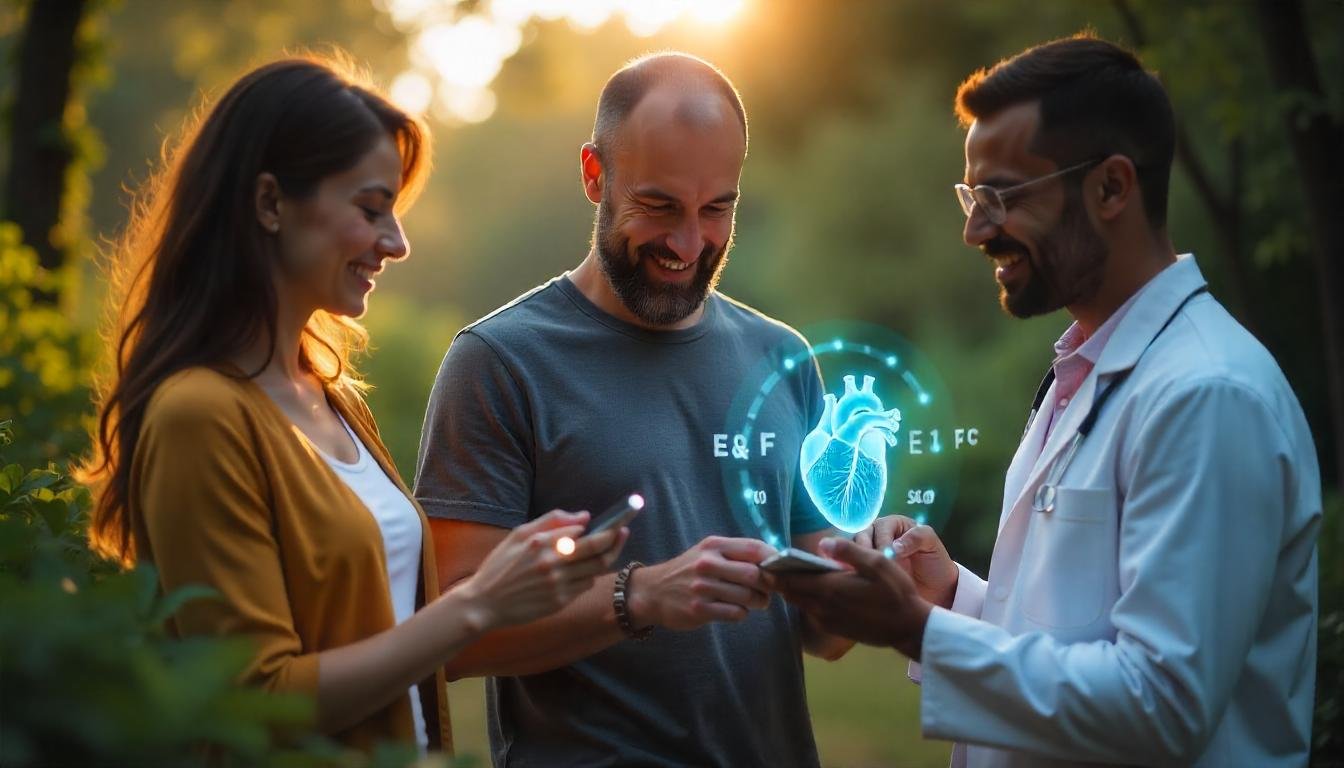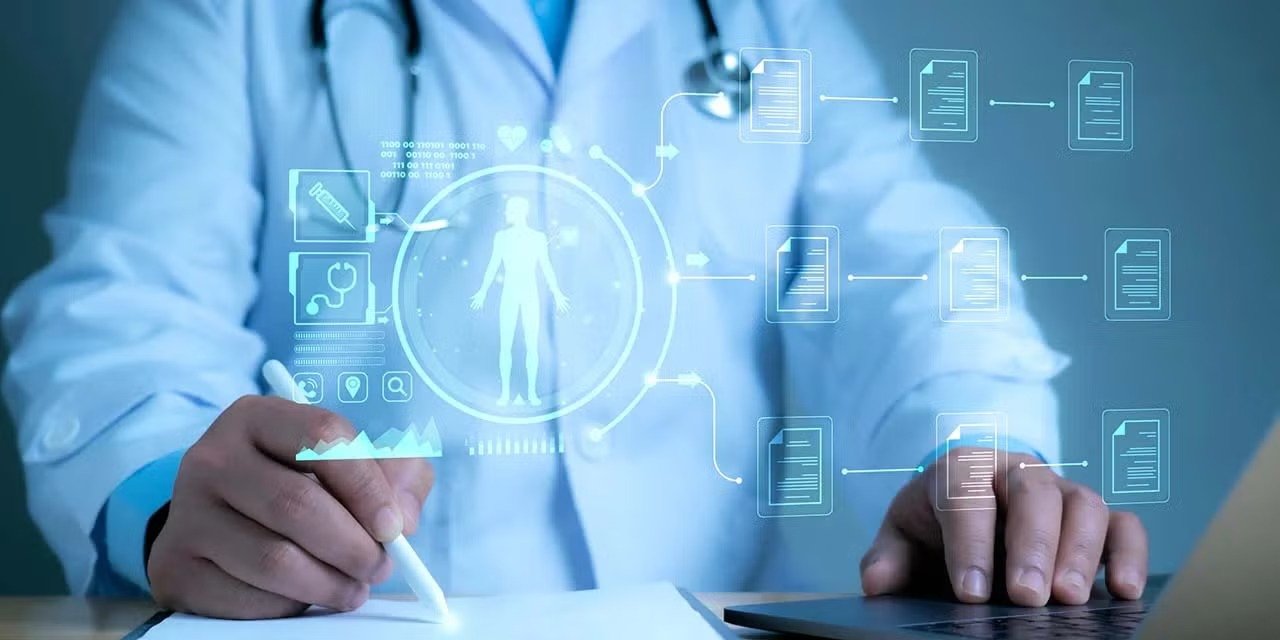Imagine slipping on a ring that whispers, “Take a breath—your cortisol levels just spiked.” Sounds futuristic? According to a groundbreaking TimesHealthMag.com report, 2024’s health tech isn’t just tracking steps; it’s predicting, preventing, and personalizing care like never before.
Why Your Next Doctor’s Appointment Might Be in Your Pocket
Gone are the days of one-size-fits-all health advice. Let’s unpack the innovations turning smartphones and wearables into mini-clinics:
Wearables That Read Between the Beats
Modern devices go beyond heart rates. The Oura Ring Gen4 (featured on TimesHealthMag.com) now analyzes sleep apnea risk, while Fitbit’s Stress Score uses skin temperature and HRV to nudge you toward mindfulness.
Comparison: Top 3 Health Wearables of 2024
| Device | Key Feature | Best For | Price Range |
|---|---|---|---|
| Oura Ring Gen4 | Sleep apnea detection + Recovery Tips | Athletes, Insomniacs | 299−299−399 |
| Fitbit Sense 3 | Real-time Stress Score + ECG | Busy Professionals | 229−229−299 |
| Apple Watch Ultra 2 | Blood glucose monitoring (non-invasive) | Diabetics, Fitness Buffs | 799−799−899 |
AI Coaches That Know You Better Than You Do
Startups like Nuritas use AI to decode how your body reacts to foods. As TimesHealthMag.com notes, their app scans your microbiome data to craft meal plans that reduce bloating or boost energy—no guesswork required.
How to Spot a Health Tech Gimmick (And Avoid the Hype)
With flashy ads claiming “revolutionary results,” skepticism is key. Here’s your cheat sheet:
Red Flags vs. Real Deal
| Red Flag | Real Deal |
|---|---|
| “Miracle results in 3 days!” | Cites peer-reviewed studies or trials |
| Vague claims (“boosts immunity”) | Specific metrics (“increases IgG antibodies by 20%”) |
| No transparency about data use | Clear privacy policy + FDA approval |
3 Steps to Smart Health Tech Adoption

- Start Small: Pick one need (sleep, stress, fitness) and choose a device that specializes in it.
- Cross-Check Data: Compare your wearable’s insights with blood tests or doctor consultations.
- Privacy First: Opt for brands compliant with HIPAA or GDPR.
You May Also Like:
Biomedical Waste Management PPT: Your Visual Guide to Safer Healthcare Practices
The Bottom Line: Tech is a Tool, Not a Miracle Worker
Health tech’s true power lies in awareness—not answers. It’s the compass, not the map. Whether you’re tracking sleep or testing AI diets, let curiosity (not obsession) guide you.
Your Turn: Which health tech trend are you trying—or avoiding? Share your story below.
FAQs
Are wearables accurate enough for medical use?
Some are FDA-approved for specific metrics (e.g., ECG). Always pair data with professional advice.
Can AI really replace dietitians?
Not yet—but it’s a powerful tool for personalized hints. Think of it as a 24/7 assistant.
How do I avoid tech burnout?
Schedule “unplugged hours” and focus on devices that simplify—not complicate—your routine.
Is non-invasive glucose monitoring reliable?
Early studies show ~90% accuracy. Great for trends, but confirm with traditional tests.
What’s the next big thing in health tech?
TimesHealthMag.com highlights mood-enhancing wearables using gentle electrical pulses to curb anxiety.











